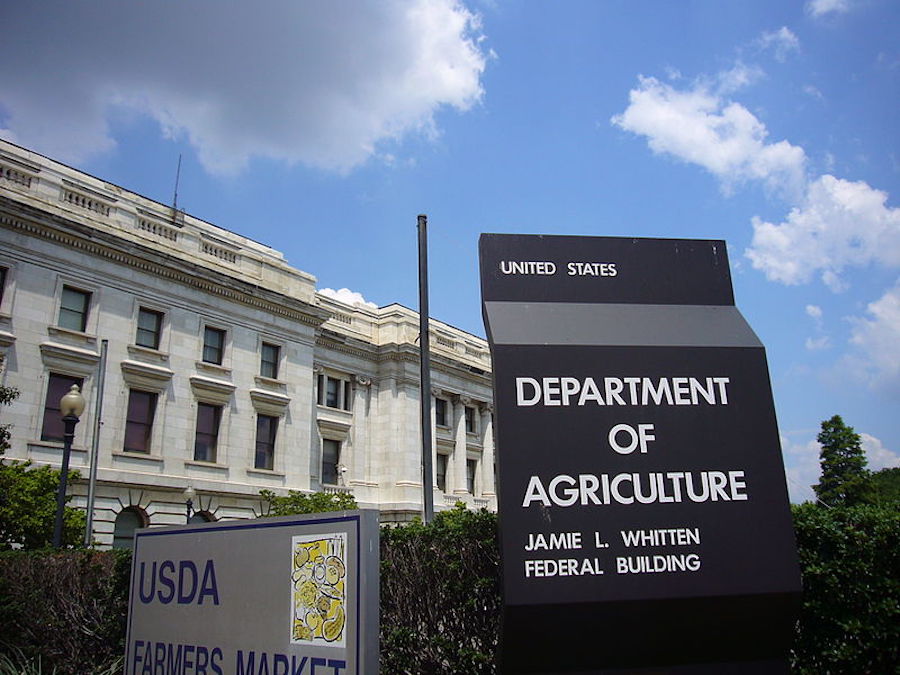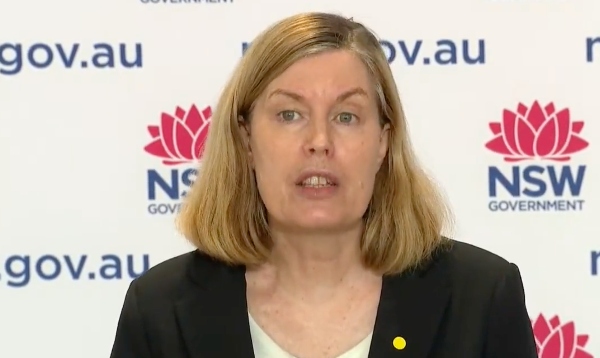South Dakota farmers sue USDA over regulation of mud puddle on their land
10/11/2021 / By Divina Ramirez

In Miner County, South Dakota, a farming family is suing the U.S. Department of Agriculture (USDA) over a mud puddle smack in the middle of prime farmland.
Arlen and Cindy Foster are third-generation farmers living on land that Arlen’s grandfather purchased in 1900. Together with their daughter, son-in-law and six grandchildren, the Fosters raise cattle and grow corn, soybeans and hay on their 44-acre farm.
In the middle of the Fosters’ farm is a 0.88-acre mud puddle, which prevents the Fosters from growing anything in the 1.5 to the two-acre field surrounding it.
In 2011, the Fosters litigated the determination that the mud puddle on the farm counts as an artificial wetland. This lets them plant on the puddle if it’s dry enough, but they’re still not allowed to drain it.
If the Fosters insisted on draining the puddle, they could become ineligible to claim USDA agricultural benefits because of the “swampbuster” provision of the Food Security Act of 1985. The provision discourages the conversion of wetlands to cropland use.
The Pacific Legal Foundation (PLF), a nonprofit organization based in Sacramento, California, filed the lawsuit earlier this month in the U.S. District Court for South Dakota.
Farmers sue USDA over wetland restrictions
The Fosters’ rights are being violated by subjecting the family to federal micromanagement of how they farm to protect a mud puddle, said Tony Francois, a senior staff attorney at PLF. If the lawsuit proves successful, the Fosters will have the freedom to use their property as they see best, he added.
Francois also said that the federal government has no power to control how farmers use puddles on their lands. But because the government provides aid like crop insurance assistance, they have power over them.
The swampbuster provision restricts the use of wetlands in farm fields owned by recipients of USDA agricultural benefits. The provision defines wetlands as land that combines wetland hydrology, hydric soils and the ordinary production of plants that grow well in wet conditions.
The provision disqualifies farmers who drain designated wetlands from eligibility for many federally-authorized agricultural benefit programs.
However, the Fosters argue that the disqualification from those benefits should not apply to artificial wetlands. These wetlands are defined as those temporarily or incidentally created as a result of adjacent development activity. (Related: Adding cattle to wetland management practices benefits migratory bird populations, environment.)
According to the Fosters, the mud puddle came about because Arlen’s father planted a tree belt south of the farm in 1936 to prevent erosion. Because the tree belt has grown so tall, it collects deep snowdrifts each winter. When the weather warms in spring, the melting snow collects in a low spot in the middle of the farm, which forms into a mud puddle.
The Fosters plan to carve out a shallow cut around the puddle to allow the water to drain off into a ditch during wetter years. However, doing so would render them ineligible to claim USDA benefits.
But according to Francois, the government lacks the authority to insist that the family leave the puddle muddy. Therefore, the government is essentially threatening to take away the Fosters’ ability to participate in federal programs in an attempt to protect the puddle. However, the Fosters have every right to use their property.
Coercing them to do otherwise violates their right to their land, said Francois.
Francois also said the government cannot force people to waive a constitutional right as a condition of claiming federal benefits.
Learn more about how the government is attempting to cheat farmers at BigGovernment.news.
Sources include:
Tagged Under: agriculture, big government, environ, farm, farmers, farming, farmland, freedom, fundamental rights, government, harvest, insanity, liberty, mud puddle, South Dakota, tyranny, USDA
RECENT NEWS & ARTICLES
COPYRIGHT © 2018 ENSLAVED.NEWS
All content posted on this site is protected under Free Speech. Enslaved.news is not responsible for content written by contributing authors. The information on this site is provided for educational and entertainment purposes only. It is not intended as a substitute for professional advice of any kind. Enslaved.news assumes no responsibility for the use or misuse of this material. All trademarks, registered trademarks and service marks mentioned on this site are the property of their respective owners.





















